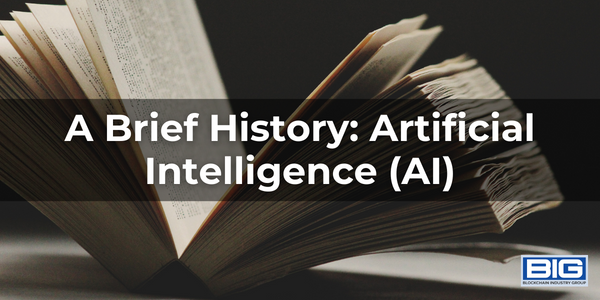
Artificial intelligence (AI) is a rapidly advancing field that has the potential to transform the way we live and work. At its core, AI involves creating intelligent computer systems that can perform tasks that would normally require human-like intelligence, such as understanding language, recognizing patterns, and making decisions. The goal of AI is to enable computers to interact with humans more naturally and effectively, and to automate tasks that are time-consuming or repetitive for humans.
Here’s a brief history of some notable AI milestones:
1950: Alan Turing publishes his paper “Computing Machinery and Intelligence,” in which he proposes the concept of the “Turing Test” as a way to determine if a machine is capable of intelligent behavior.
1956: The term “artificial intelligence” is coined at a conference at Dartmouth College, where researchers gather to discuss the possibility of creating intelligent machines.
1966: The first artificial intelligence laboratory is established at MIT.
1997: IBM’s Deep Blue chess computer defeats world chess champion Garry Kasparov in a highly publicized match.
2011: Apple’s Siri virtual assistant is introduced, marking the first widespread consumer application of AI in the form of a virtual assistant.
2014: Google’s AlphaGo AI defeats world champion Go player Lee Sedol in a five-game match, demonstrating the capabilities of AI in complex strategic decision-making.
2016: AlphaGo is followed by AlphaZero, an AI system that is able to teach itself to play Go, chess, and shogi from scratch, without any human input.
2019: OpenAI’s language model GPT-2 is released, demonstrating the ability of AI to generate human-like text.
OpenAI, Elon Musk, DALL-E and ChatGPT
—
Pros and Cons of Universal Basic Income
—
Revolutionizing Art: The Rise of Generative Art
2020: AI research and development continues to advance at a rapid pace, with significant progress being made in areas such as machine learning, natural language processing, and robotics.
Since the concept of artificial intelligence (AI) was first introduced in the 1950s, the field has come a long way. What was once a purely theoretical pursuit has become a practical reality, with AI systems being used in a wide range of industries and applications. From self-driving cars to virtual assistants to healthcare, AI is making an impact in ways that were once unimaginable.



